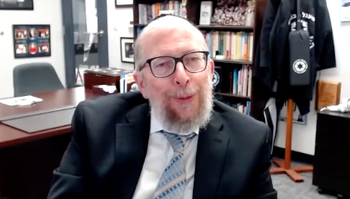
While some may say that teaching breathing techniques gives patients with cancer the “heebie-jeebies”, it can actually have a major impact on patients’ pain and stress, according to an expert.

While some may say that teaching breathing techniques gives patients with cancer the “heebie-jeebies”, it can actually have a major impact on patients’ pain and stress, according to an expert.

Testicular cancer survivors who were treated with cisplatin-based chemotherapy may have hearing loss or ringing of the ears, which may significantly affect certain parts of life including sleep and concentration, among other factors.
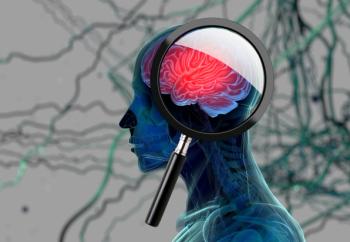
Treatment for breast cancer, such a chemotherapy, may cause a decline in working memory, processing speed, attention and more for patients.

Fighting for something I believe in was worth it, especially since it came to my health after cancer.

AAV2-hAQP1 was safe and effective in treating patients with dry mouth symptoms, which is often a result of some cancer treatments like radiation, according to phase 1 study results.
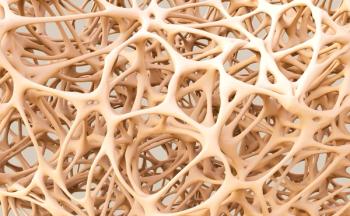
One patient describes the management of symptoms of graft-versus-host disease as playing Whac-a-Mole and emphasizes the importance of awareness and education for both patients and their families.

Adults with graft-versus-host disease who were treated with a three-drug regimen with cyclophosphamide after transplant may have improved survival rate compared with those treated with a two-drug regimen.

From fertility issues to oral side effects, cancer survivors may face health complications after treatment ends.

Patients with breast cancer, regardless of their menopausal status, may face worse cognitive ability with chemotherapy and endocrine therapy, although this may return to its pretreatment level after 36 months.

I am not allowed to use CBD products, so when my oncology team recommended I try them, it gave me pause.
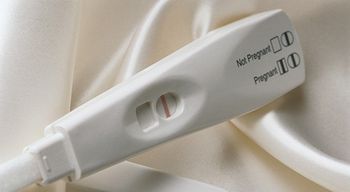
Cancer can negatively affect fertility after treatment, and women should talk with their doctor about their personal risk and preservation options.

A recently conducted study found that for some patients, chemotherapy-induced hiccups were worse than nausea and vomiting.

As a recovering addict, I was nervous about the painkillers that would come alongside my cancer treatment, but I soon learned that they would be needed.

After undergoing a colorectal cancer surgery and getting an ostomy, patients may experience a prolapse, but it is not cause to panic, an expert says.

Cosela reduced the occurrence of Trodelvy-related side effects in patients with triple-negative breast cancer, according to recent research.
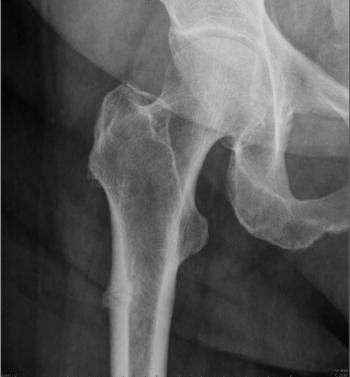
Factors such as cancer stage, treatment with chemotherapy and smoking status may put cancer survivors at risk of bone fracture.

Cancer attacks your body and puts you in a very vulnerable position.
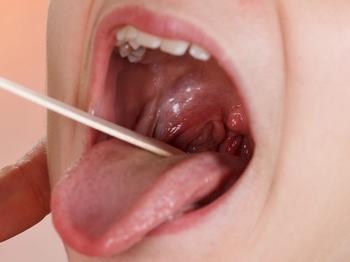
Stem cell transplants may cause dysgeusia — a disorder that alters a person’s taste —in some patients with multiple myeloma, which is a type of blood cancer. This disorder may have a domino effect on quality of life, although levels may return to normal a few months after the procedure, an expert said.

Patients with breast cancer can enroll on a clinical trial analyzing elinzanetant for endocrine therapy-related hot flashes.

Researchers running clinical should be aware of how these new drugs affect our day-to-day lives — not just in the big ways, but also the small ones that take their toll over the long haul.

Women who face menopause after a cancer diagnosis may be able to manage their symptoms without relying on estrogen-based therapies, although discussing this with a cancer team will help patients find what’s best for them.
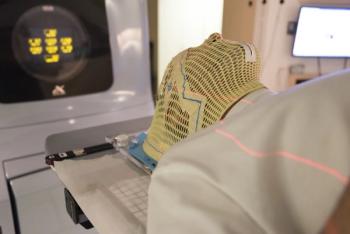
Patients with orbital indolent B-cell lymphoma, a rare type of blood cancer, may be able to have fewer side effects and less cancer treatment costs by undergoing a lower dose of radiation that still has similar responses to the standard.
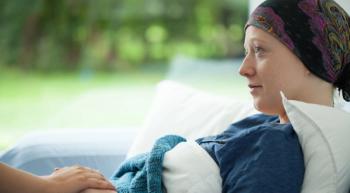
Cancer-related fatigue can be debilitating for many patients and survivors of cancer, but tactics like diet, exercise and other holistic approaches may provide relief for a side effect that effects every part of life.
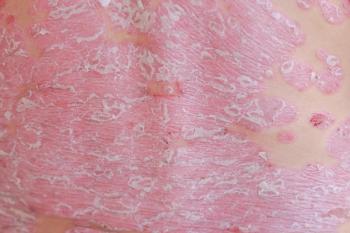
Mepitel Film skin dressings reduced rates of radiation dermatitis — a type of skin-related side effect — compared to standard of care in women undergoing radiation for breast cancer, according to recent research.

An expert recommends that cancer survivors and patients take several actionable steps to improve their quality of sleep.

Chest numbness following a mastectomy can be truly daunting, but patients with breast cancer don’t have to suffer in silence — and it may not be something they have to live with.

CURE® surveyed its audience to see how cancer-related pain or treatment-related side effects interfered with their ability to be independent. Here’s what they had to say.

Cancer tried to kill me, but I came back even stronger than ever.

A procedure that targets and freezes nerves that were damaged during a mastectomy may be a safe and effective method of relieving pain in breast cancer survivors.
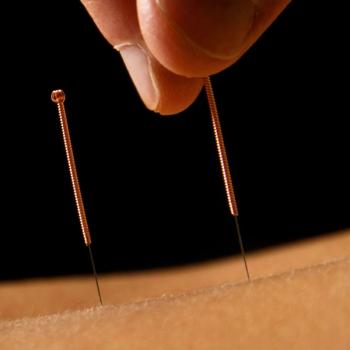
Acupuncture has been shown to decrease cancer-related pain, and it most recently was recommended by several organizations for certain patients with breast cancer.